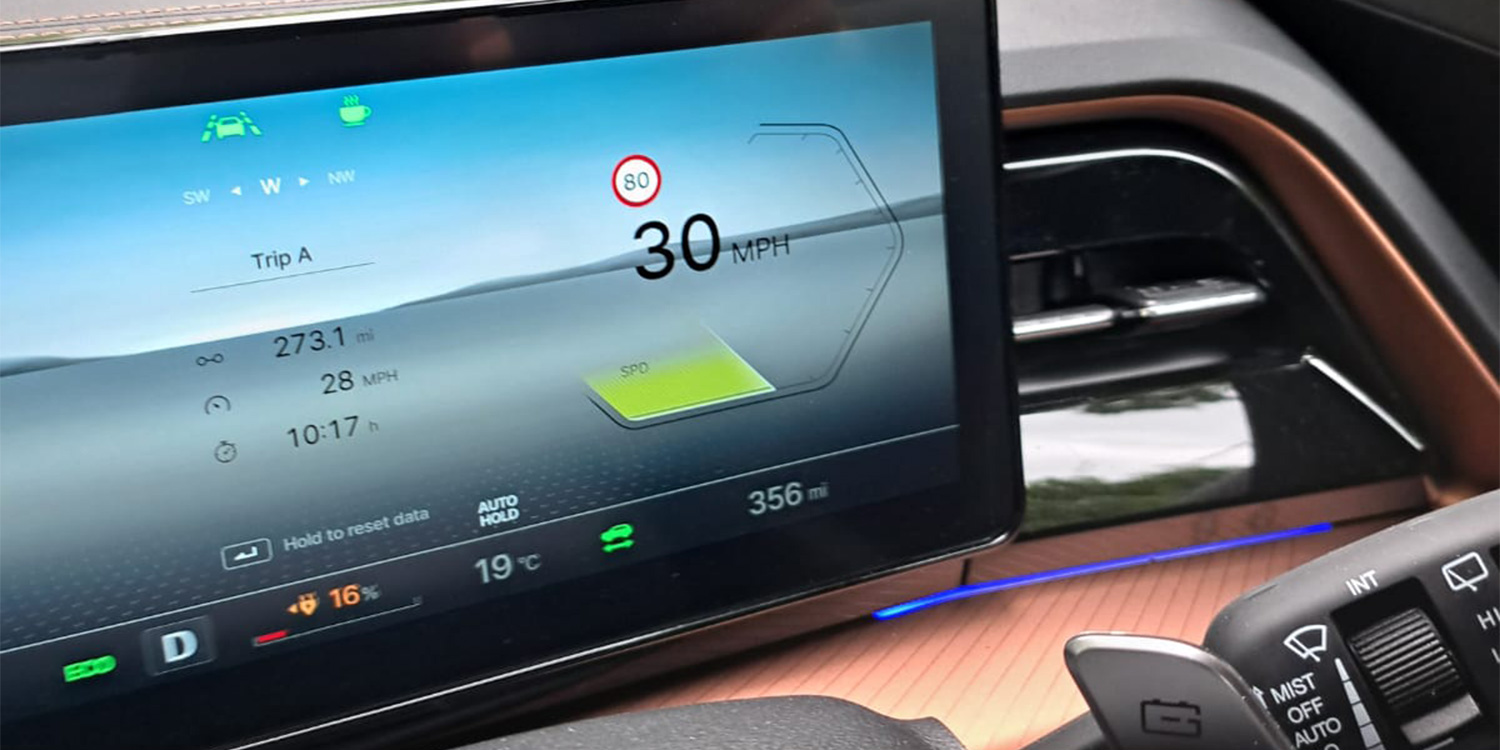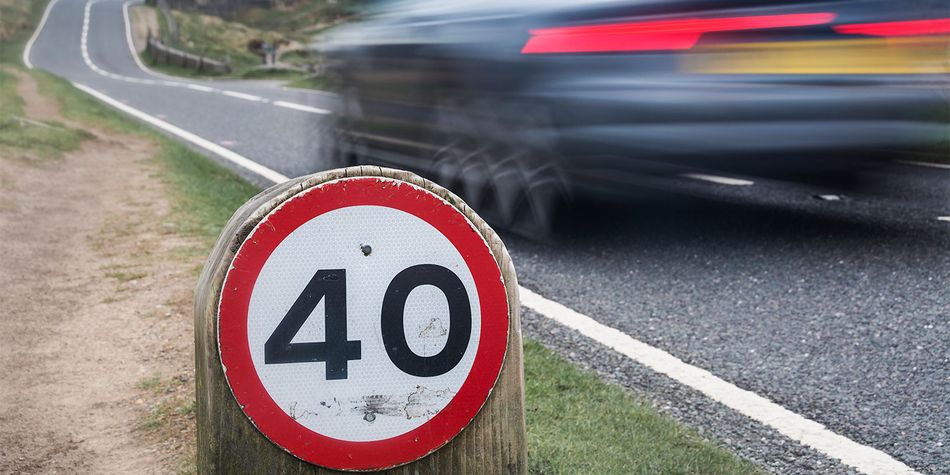A new EU law aimed at reducing speeding and improving road safety will apply to all new cars sold in the European Union from July 7, 2024.
The law requires manufacturers to equip their cars with Intelligent Speed Assistance (ISA), but they can implement this in different ways, including automatically limiting the car’s speed.
When Which? asked the Department for Transport, it confirmed that the new law would apply to Northern Ireland, but that it would not be mandatory in England, Scotland or Wales. However, it is likely that new cars sold in the UK will still have ISA technology fitted as standard.
Read on to learn more about the law, the technology itself, and how it affects you.
Best Cars for 2024: discover the models that have passed our strict and independent laboratory tests
What is Intelligent Speed Assistance?
ISA detects the speed limit on roads using a combination of GPS and cameras designed to recognise speed limit signs. It then uses this information to limit your speed or issue a visual or audible warning if you exceed the limit.
ISA effectively became a legal requirement for all new car models introduced from July 2022 (such as the Honda ZR-V, Volkswagen ID.7 And Volvo EX30). From 7 July 2024, this law will apply to all new cars sold in the EU and Northern Ireland, regardless of when they were first placed on the market (such as the Volkswagen Touranwhich was launched in 2015 but is still available new).
Manufacturers can equip cars with four different ISA systems (audible warnings, vibration warnings, throttle feedback or a direct speed control function), which are intended to prevent the driver from exceeding the detected speed limit. Regardless of the system the manufacturer chooses, the new law states that it must be activated automatically every time you start your car and cannot be permanently deactivated.
If your car’s ISA system is set to automatically limit your driving speed, you can temporarily deactivate the system by pressing hard on the accelerator pedal. However, the system will be reactivated each time you start your car.
Why is the new law being introduced?
This change is being implemented by the European Union and is based on recommendations from the European Transport Safety Council, a non-profit organisation which states that the introduction of mandatory ISA technology in all new cars would reduce road deaths in Europe by 20%.
According to the European Commission, the introduction of ISA could reduce both insurance costs and CO2 emissions. It could also make older cars without ISA drive slower.
Although the UK is no longer part of the European Union, the law will still be mandatory in Northern Ireland. While this means that it is not a legal requirement for new cars sold in England, Scotland or Wales to have ISA, it is likely that most manufacturers will include it.
How accurate is speed camera recognition?
ISA relies on GPS and car cameras to accurately determine the speed limit of the road you are driving on.
However, we have found ISA to be unreliable on many of the cars we have tested. For example, we have had several instances where a car registered the speed limit as 80mph in 30mph zones (pictured).

Even on highways where the maximum speed limit is 112 km/h, we have experienced cases where a car accidentally detected the 48 km/h limit of an adjacent road.
How has the auto industry responded?
We asked some major car brands what their plans are for the UK.
Vauxhall told us that all of its cars sold in the UK will comply with EU law and that the default setting will be with ISA permanently switched on. Kia said that from the 2025 model year, all of its UK cars will come equipped with ISA, and that most of its 2024 cars already come with ISA.
Mike Hawes of the Society of Motor Manufacturers and Traders (SMMT) commented on the fact that the law does not apply to new cars sold in Britain: ‘The UK has some of the safest roads in the world, but action to improve our record even further should be welcomed. Given the highly integrated nature of the UK and European automotive sectors, regulatory divergence is not in either party’s best interests.’
Drive smarter and save costs with our expert advice. Receive our Cars newsletter – it’s free every month
